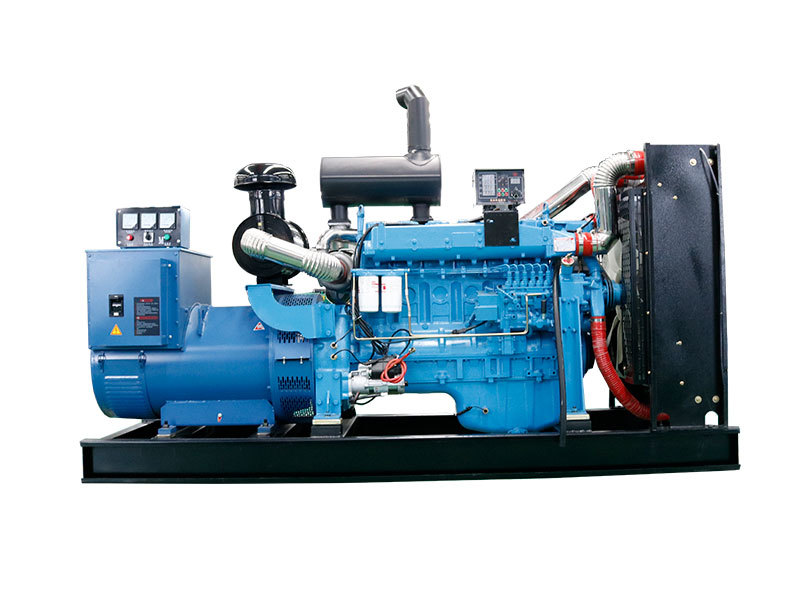Introduction
Choosing the right generator for your home or business can be a daunting task. With so many options on the market, it's hard to know which one will provide the best combination of reliability, cost-effectiveness, and environmental sustainability. In this article, we'll take a closer look at three popular types of generators: natural gas, propane, and diesel. By comparing their advantages and disadvantages, we hope to help you make an informed decision about which generator is right for you.
Natural Gas Generators
Advantages
Natural gas generators are becoming increasingly popular due to their low emissions and low operating costs. Since natural gas is delivered through a pipeline, you'll never have to worry about running out of fuel or storing it on your property. Additionally, natural gas generators tend to have a longer lifespan than their propane and diesel counterparts.
Disadvantages
One of the main drawbacks of natural gas generators is that they require a steady supply of natural gas. If you live in a rural area or an area prone to natural disasters, you may not have access to a reliable natural gas source. Additionally, natural gas generators tend to be less powerful than diesel generators, so they may not be suitable for large-scale industrial applications.
Propane Generators
Advantages
Propane generators are a popular choice for homeowners and businesses due to their portability and ease of use. Propane is a clean-burning fuel that produces fewer emissions than diesel. Propane generators are also relatively quiet and can be used in a variety of settings. Additionally, propane is readily available at most hardware stores and gas stations, so you'll never have to worry about running out of fuel.
Disadvantages
One of the main drawbacks of propane generators is that they tend to be less fuel-efficient than natural gas and diesel generators. This means that you'll need to refill your propane tank more frequently, which can be inconvenient and expensive. Additionally, propane generators tend to be less powerful than diesel generators, so they may not be suitable for heavy-duty applications.
Advantages
Diesel generators are known for their power and reliability. They are often used in industrial and commercial settings due to their ability to handle heavy loads. Diesel generators are also fuel-efficient and can run for long periods of time without needing to be refueled. Additionally, diesel fuel is widely available and relatively inexpensive.
Disadvantages
One of the main drawbacks of diesel generators is that they tend to be louder and produce more emissions than natural gas and propane generators. They also require more maintenance than other types of generators, which can be time-consuming and expensive. Additionally, diesel fuel can be more expensive than natural gas or propane in some areas.
Conclusion
In conclusion, when it comes to choosing a generator, there is no one-size-fits-all solution. Natural gas generators are a great choice if you're looking for a low-emission, cost-effective option that requires minimal maintenance. Propane generators are ideal for homeowners and small businesses that need a portable and easy-to-use generator. Diesel generators are the best choice for heavy-duty industrial and commercial applications. Ultimately, the best generator for you will depend on your specific needs and circumstances.





